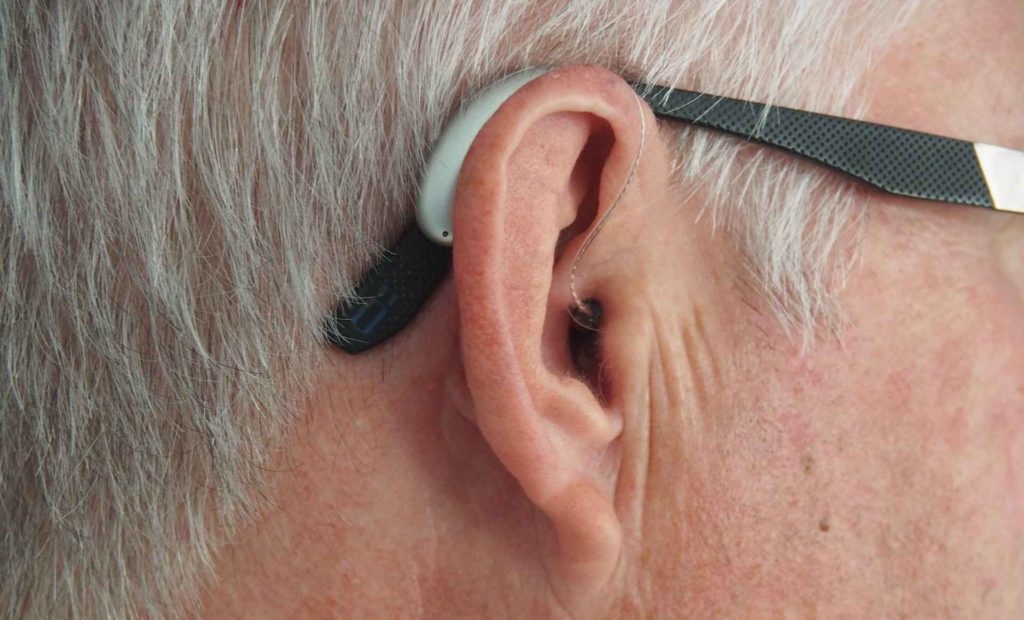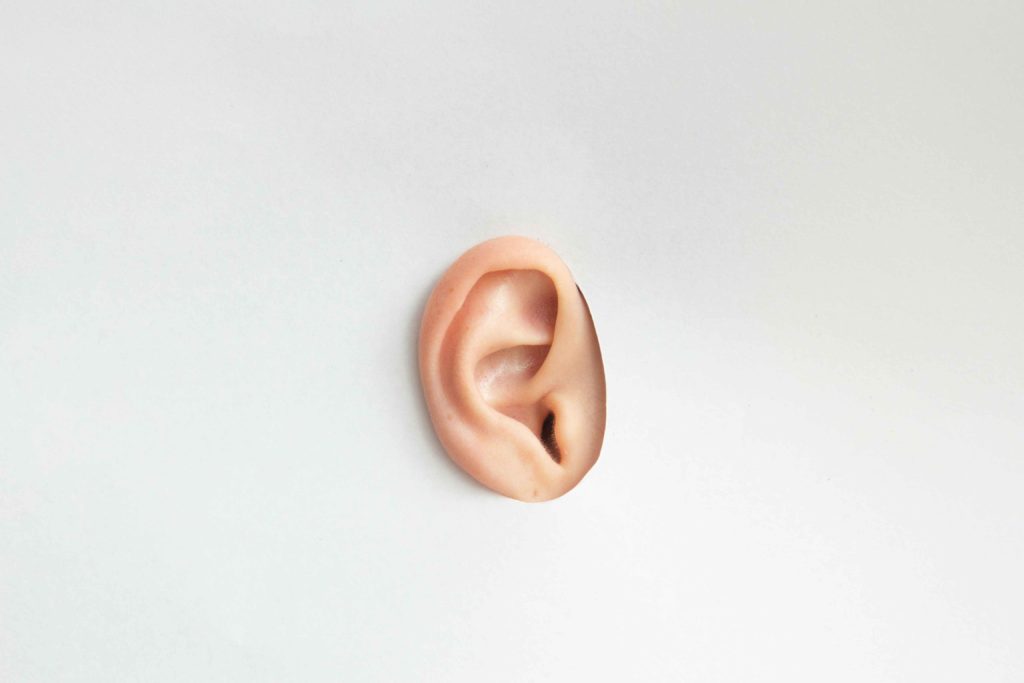You may experience some degree of tinnitus, persistent ringing in the ears, for a while after a car accident. Sudden trauma can damage the inner ear or auditory nerve, which may result in various types of tinnitus. The ringing sound can also be due to whiplash, traumatic brain injury (TBI), or airbag deployment.
According to a paper published in the National Library of Medicine, around 10% of whiplash injury victims suffer from tinnitus. This is primarily because the back-and-forth collision movements damage the brain’s auditory pathways.
A CDC (Centers for Disease Control and Prevention) fact sheet suggests a high chance of developing tinnitus when you sustain a TBI. Furthermore, airbag deployment during a car crash creates a massive pressure wave ranging from 150 to 170 decibels. The sudden pressure can rupture and injure your inner ear, causing hearing loss and tinnitus.
If your tinnitus is persistent and affects your quality of life, consult your doctor. In the meantime, you can do a few things to manage the ringing in your ears after a car accident.
Tinnitus: What is it?
Tinnitus is not a disease. It is a symptom of a problem with the auditory system, manifesting as hearing a sound without an external source. Most people describe it as a ringing, but it can also sound like whistling, buzzing, clicking, or hissing.
Tinnitus can be intermittent or constant, and it can vary in volume. It could be barely audible or loud enough to disturb your concentration or sleep.
The condition can also vary in intensity. The noise can occur in one or both ears but most commonly affects only one ear. It can also be temporary or permanent and may come with other symptoms such as pain and balance problems.
There are three types of tinnitus: subjective, objective, and pulsatile. Subjective tinnitus is the most common among the three, wherein only the person suffering from it can hear the ringing. It usually lasts for a maximum of 12 months, but the symptoms could persist for a lifetime in severe cases.
Objective tinnitus is a rare type caused by the ear muscles’ involuntary contractions or vascular deformities rather than acoustic trauma. Unlike subjective tinnitus, other people can hear the ringing from the patient’s ears.
Pulsatile tinnitus, the third and final type, produces a ringing and buzzing sound that aligns with the patient’s pulse. It generally happens when there is increased blood flow due to various reasons. These include anemia, tumorous growth, and hardened arteries.
If you’re experiencing tinnitus after an auto accident, explore treatment options with your doctor. Several treatments are available to help reduce the severity of symptoms and make them more manageable for patients.
Is tinnitus after a vehicular accident dangerous?
Tinnitus after a vehicular accident can be distressing. In most cases, it’s not dangerous – it’s just annoying. However, there are instances when tinnitus after an accident could be a symptom of something quite serious. An example of this is tinnitus accompanying TBI.
The medical definition of traumatic brain injury is a head trauma impairing the brain’s normal functions. Car crashes are the second most common cause of TBIs as an experienced car accident lawyer would know.
Any jolt, blow or bump making the brain and head move back and forth rapidly can cause the brain to bounce within the skill. These motions cause chemical changes that damage the brain cells.
The blow doesn’t need to be direct to the head. Victims in car accidents may be subject to violent motions that could cause a TBI. You may not even lose consciousness while sustaining a brain injury.
If you observe symptoms after experiencing head trauma, include a hearing check in your workup. Your medical treatment largely depends on your manifest symptoms and their established causes.
You may recover after a month if your tinnitus is due to a ruptured eardrum. However, you might need surgery if you suffer from a damaged ossicular bone. In most cases, doctors suggest using hearing aids to lessen tinnitus awareness and amplify muffled sounds.
What are the signs of tinnitus?
Tinnitus can be due to a car accident. Other factors, such as using certain medications or exposure to loud noises, can also cause it. The symptoms of tinnitus are:
- Anxiety
- Buzzing in the ears
- Decreased hearing
- Depression
- Difficulty concentrating
- Difficulty sleeping
- Ear pain
- Headache
- Humming in the ears
- Hearing impairment
- Nasal congestion
- Ringing in the ears
- Roaring in the ears


How long does it last?
The ringing in the ear or temporary deafness after a car accident may last from a few weeks to several months. It may happen immediately or gradually, with some people developing it six to 12 months after the accident.
It’s hard to predict how long tinnitus will last because each person is different. Some people have ringing in their ears that resolves itself quickly. Others live with tinnitus for years or even the rest of their lives.
While some people only suffer partial hearing loss, others also suffer head, ear, or neck pains. Suppose you’re having trouble sleeping at night because of the ringing in your ears or other symptoms from a car accident injury. In that case, speak with your doctor about treatment options such as counseling and medication.
How do you treat tinnitus?
Treatment for tinnitus depends on what caused it and its severity. Some people will only experience mild ringing in the ear and can manage it without treatment. Others may need more intensive treatment to manage their symptoms.
If you suffer from a traumatic accident like a car crash, you may find your tinnitus getting worse. That may also happen after having surgery to fix any injuries you have sustained during your accident.
For this reason, it is essential to consult with an audiologist as soon as possible. They can help determine what causes tinnitus in your case. They can also treat your symptoms early on before it gets worse. It could lead to permanent hearing loss if left untreated.
Here are different types of treatments your doctor may suggest.
Mitigation
- Manage stress
- Minimize fatigue
- Exercise
- Avoid stimulants
- Monitor your blood pressure
- Lessen salt intake
- Avoid absolute silence
- Reduce exposure to loud sound
Therapy
- Tinnitus retraining therapy
- Auditory habituation
These techniques involve low-level sound generation and directive counseling. Sound generation involves broadband noise through hearing aid-like devices so the brain can differentiate between tinnitus and noise. Counseling involves individualized and intensive education on tinnitus’s causes, effects, and coping strategies.
Can you claim compensation for tinnitus after a car accident?
You can claim compensation for economic damages if an accident due to another person’s negligence causes tinnitus. To win your case, you’ll need to prove negligence.
Document your symptoms if you’ve been diagnosed with tinnitus after a car accident. Keep track of how bad it is and when it happens.
You should also be ready with medical records from doctors. They can show that the accident caused your tinnitus and not something else.
Did you know?
The symptoms of tinnitus can range from mild to severe. In some cases, they may be so intense that they make it difficult for you to sleep or work.
Know Your Rights to Compensation for Your Injuries
An accident-related injury such as tinnitus isn’t something you sweep under the rug. Go to your doctor and seek medical attention. After which, go after the people who caused your injuries. Negligent accident victims have recourse to the law to help them recover damages.
The Personal Injury Center has the legal resources to educate you about negligence and tort cases. When you’re ready to claim compensation, you can use our network of experienced personal injury lawyers to help with your case.
Visit our website and get a free consultation!
You don’t have to suffer in silence after a car accident injury. Reach out to The Personal Injury Center to pursue your right to compensation!
FAQs on Ringing in Ear After Car Accident
Can tinnitus cause brain damage?
A common myth about tinnitus is that it signals a dying brain. This is false because this is just a symptom of functional and structural brain changes, not a head injury. However, some patients with TBI also suffer from tinnitus. This suggests that while tinnitus doesn't necessarily damage the brain, its other symptoms can indicate an underlying brain condition after a car crash.
How much is the average compensation for tinnitus?
No compensation calculator can automatically compute how much damages you should claim. However, the average compensation ranges from $50,000 to $250,000.
Does tinnitus automatically mean you're suffering from a concussion?
No, suffering from tinnitus doesn't automatically suggest a concussion. Tinnitus is the ringing in your ears that people experience after exposure to loud sounds. Many different things, including age-related hearing loss and medications, can cause it. A concussion from an accident is just one of them.
Concussions are serious injuries when someone experiences trauma to the head or neck. They can cause long-term neurological problems, including memory loss and cognitive deficits.
Consult with your doctor to determine what caused your condition.



